Time to Wax Enthusiastic About Blacksad
/ 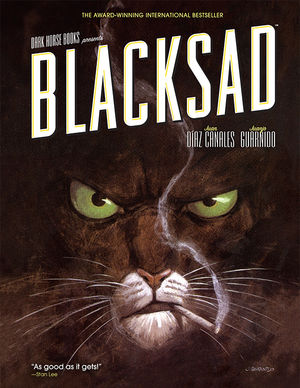
This week saw the release of the first-ever English collection of the three Blacksad stories, one of which is in its first official English translation, even. Needless to say, this was a very exciting event, made even more so by the fact that I wasn't paying attention and didn't know that it was going to happen. It was like, well, like unexpectedly finding out that there was a Blacksad hardcover that I could buy, frankly.
For those of you not in the know: an explanation: Blacksad is a comic by Spanish creators Juan Diaz Canales (writing) and Juanjo Guarnido (art), and it is hands down the best example of noir-style detective storytelling that I have ever read in a comic. And also, everyone is anthropomorphic animals. The animal thing might have detracted from the tough Fifties grittiness, except that it is an intrinsic part of the story. The animal forms are used in an almost totemic fashion - what you are inside is reflected in your form, whether you're a cold-blooded industrialist lizard or a literally weaselly tabloid reporter.
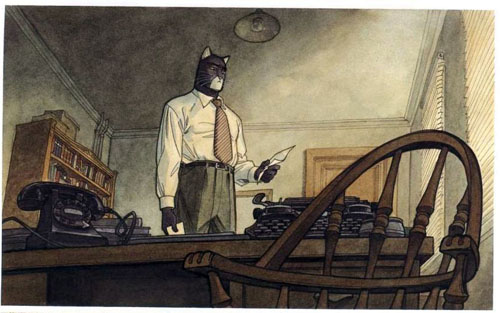
John Blacksad is a private detective and our protagonist. In the course of this collection he investigates the murder of an old flame, runs afoul of a racist secret society in small town America and gets tangled up in the early days of Senator Joe McCarthy (here a bombastic rooster named Gallo) and HUAC. Canales and Guarnido definitely didn't simply ape the noir thrillers of yore - which assuredly would have steered well clear of the latter two topics - they were using the tropes of the form to their own ends. Setting a story about what is essentially the KKK as founded by Arctic animals in a country that is still recovering from World War II allows you to look at a lot of the causes of the problems that are still with us today, and as a bonus, the fact that all involved are animals just underscores the ultimate indefensibility of an ideology built around pigmentation.
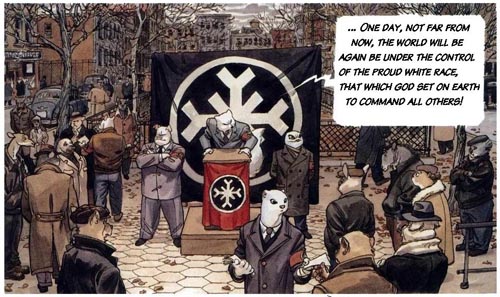
That having been said, Blacksad definitely does hit all of the classic noir detective notes. He antagonizes the police, heads down morally ambiguous roads in search of justice, frequents dive bars. He asks the wrong questions and someone tries to teach him a lesson:
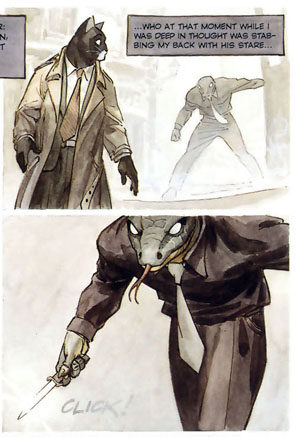
And then he keeps on asking the wrong questions and gets that lesson. In the face.
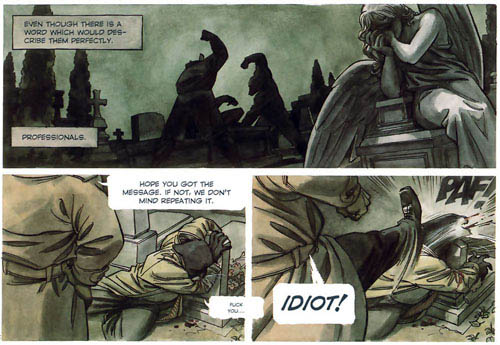
He occasionally gets the girl:
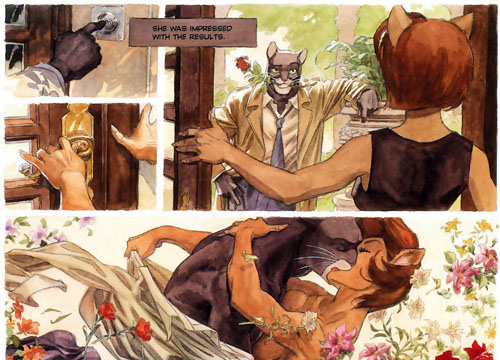
But mostly doesn't.
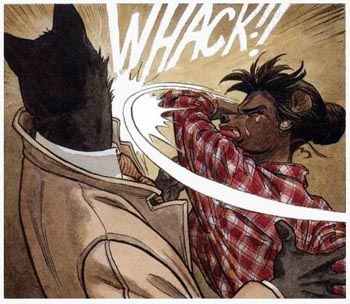
But what these stories really excel at, other than looking frigging amazing, is capturing the world-weary, morally ambiguous philosophies of the works that inspired them. The first book alone is filled with quotable material:

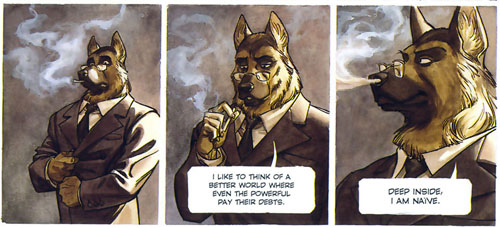
Or how about this:
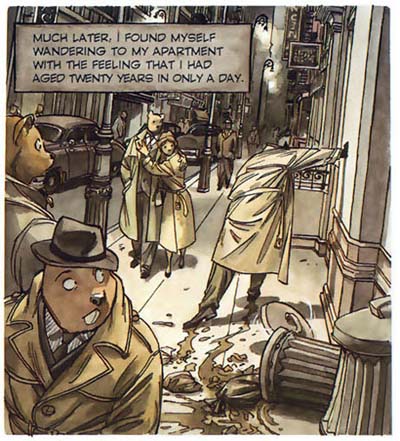
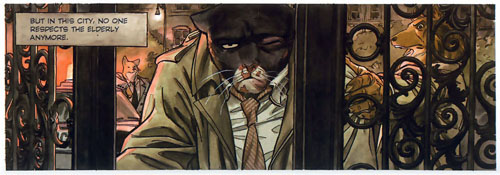
I get a tingle when I read that: that is damned good writing. Blacksad's interior monologue plays out in your head in a voice roughened by cigarettes and whiskey and maybe a touch of despair (and helped along by some tweaks to the translation that make everything less, well, translated-seeming than the older editions).
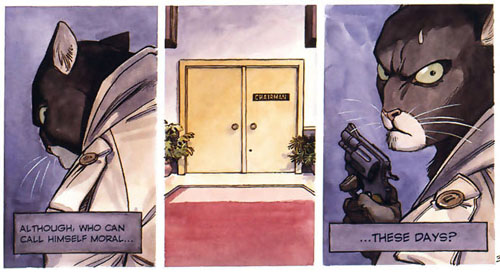
Excellent call on bringing this out, Dark Horse. Keep this up and soon you'll have all of my money.
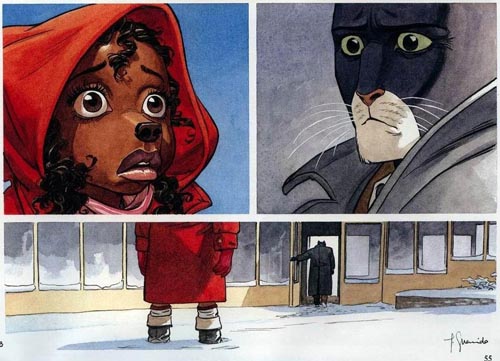

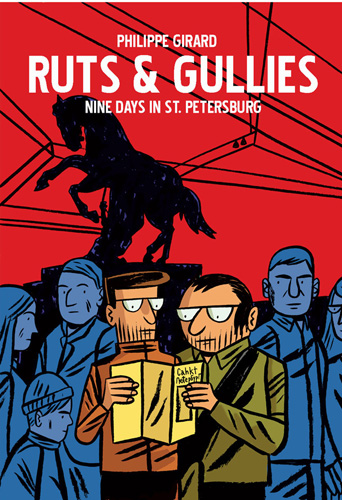
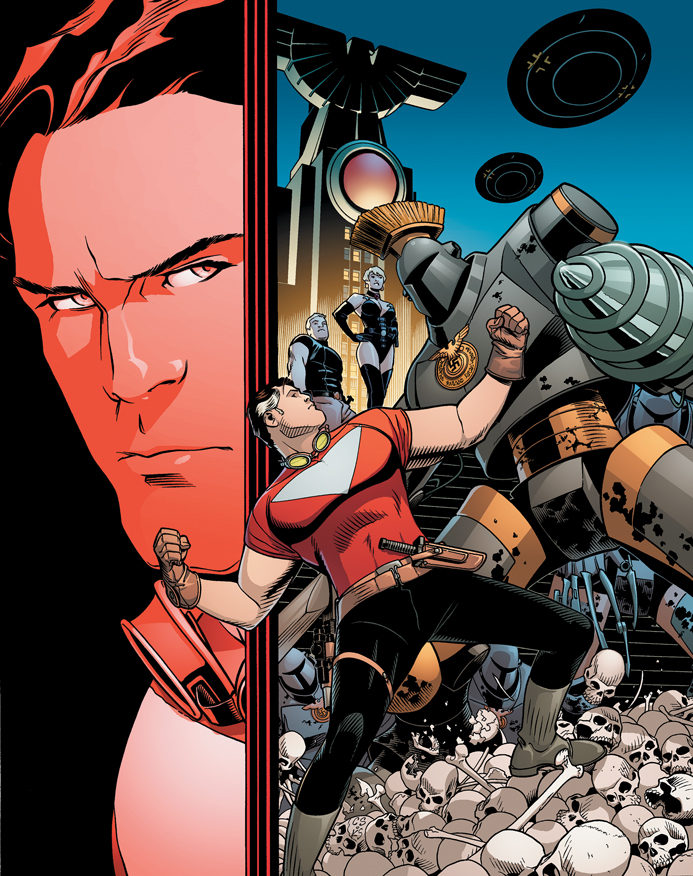



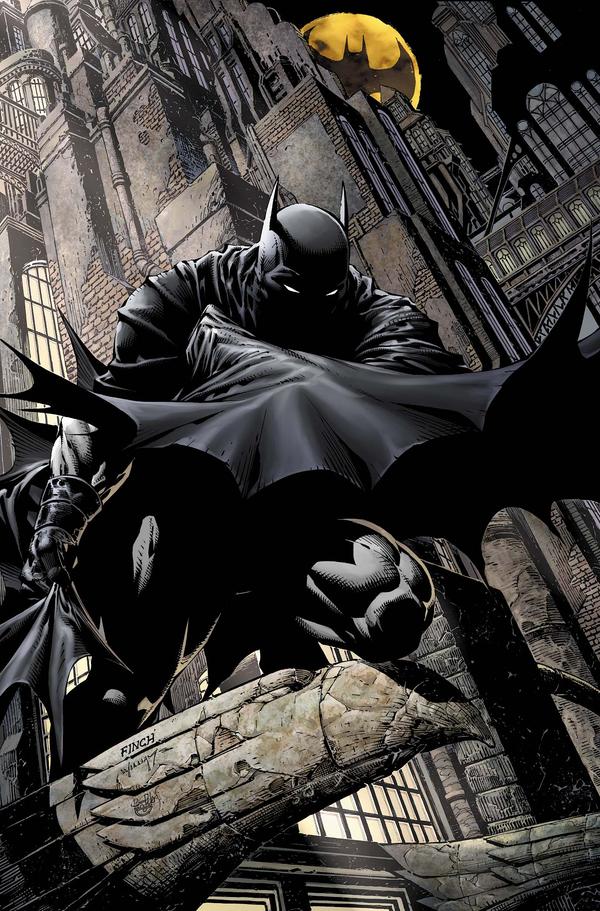

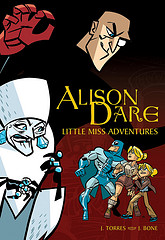 In exciting news,
In exciting news, 
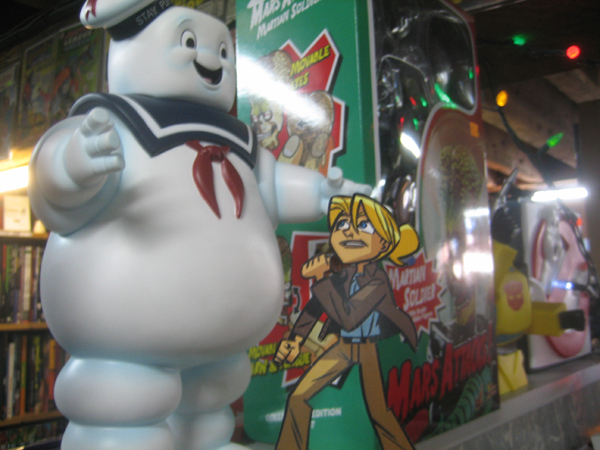
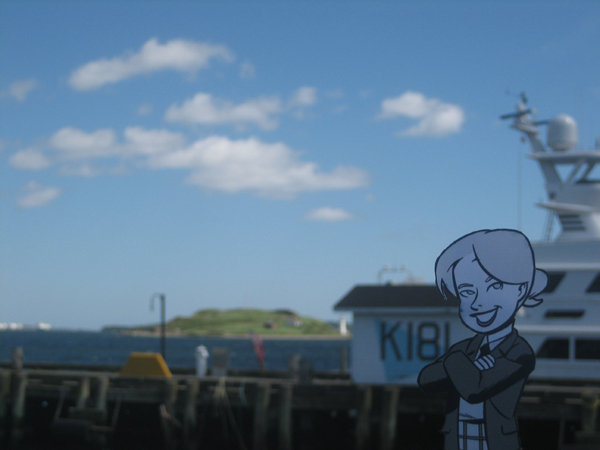




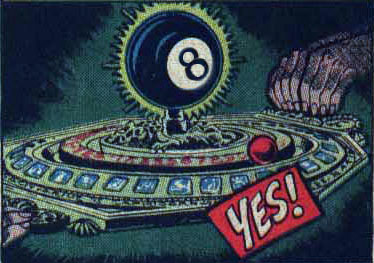




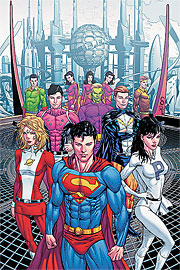 There have been a few different reimaginings of the relationship between Superboy/man and the Legion of Super-Heroes over the years, but I think that the take on the whole thing that started in the cartoon - that the Legion functions as Superboy's much-needed peer group and place to learn about himself - is definitely my favourite. Young Clark Kent has always been portrayed as someone who had to be aggressively normal all the time, and since his career as Superboy in the Twentieth Century has been reduced to something between few and no adventures, it makes sense that he'd have to have had somewhere to cut loose in order to have ended up as well-adjusted as he seems to be.
There have been a few different reimaginings of the relationship between Superboy/man and the Legion of Super-Heroes over the years, but I think that the take on the whole thing that started in the cartoon - that the Legion functions as Superboy's much-needed peer group and place to learn about himself - is definitely my favourite. Young Clark Kent has always been portrayed as someone who had to be aggressively normal all the time, and since his career as Superboy in the Twentieth Century has been reduced to something between few and no adventures, it makes sense that he'd have to have had somewhere to cut loose in order to have ended up as well-adjusted as he seems to be. 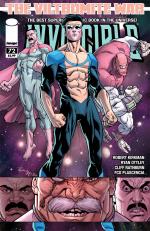 Good holy crap, Kirkman. Every time Conquest shows up I have this incredibly visceral reaction to something he does and I love it. I wish I could quantify why the things that happen in this book are different than, say, the things I complain about inBrightest Day... I guess that it's because the characters in this book were created with this sort of thing in mind - Conquest is a killer from a race of killers, and his gutting Atom Eve or doing what he did in this issue are appropriate means to his end of being a herald of the Viltrumite doom. By contrast, Black Manta carving up a store full of people or (Dr Light/Black Hand/Max Lord) retroactively becoming a (serial rapist/murderous necrophiliac/megalomaniacal sociopath) in order that they be able to fill that role in the story du jour has the stink of the shoehorn about it.
Good holy crap, Kirkman. Every time Conquest shows up I have this incredibly visceral reaction to something he does and I love it. I wish I could quantify why the things that happen in this book are different than, say, the things I complain about inBrightest Day... I guess that it's because the characters in this book were created with this sort of thing in mind - Conquest is a killer from a race of killers, and his gutting Atom Eve or doing what he did in this issue are appropriate means to his end of being a herald of the Viltrumite doom. By contrast, Black Manta carving up a store full of people or (Dr Light/Black Hand/Max Lord) retroactively becoming a (serial rapist/murderous necrophiliac/megalomaniacal sociopath) in order that they be able to fill that role in the story du jour has the stink of the shoehorn about it.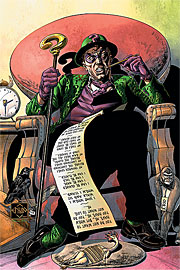 I have no idea how I missed the original Joker's Asylum comics, or indeed why I haven't read all of them yet. I think that I shall call myself a fool for having done so. Judging from this and the Penguin story in the first series, I'm going to declare these some of the best looks I've had at the members of Batman's rogues gallery in years.
I have no idea how I missed the original Joker's Asylum comics, or indeed why I haven't read all of them yet. I think that I shall call myself a fool for having done so. Judging from this and the Penguin story in the first series, I'm going to declare these some of the best looks I've had at the members of Batman's rogues gallery in years.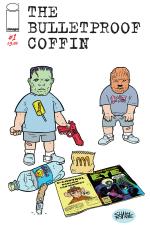 I was pretty much sold on this comic as soon as I saw that the werewolf-masked kid on the cover was in the Jack Kirby hunched-over-with-your-arms-hanging-straight-down pose, and I was definitely sold once I noticed that the fake comic in this book referenced the
I was pretty much sold on this comic as soon as I saw that the werewolf-masked kid on the cover was in the Jack Kirby hunched-over-with-your-arms-hanging-straight-down pose, and I was definitely sold once I noticed that the fake comic in this book referenced the 


